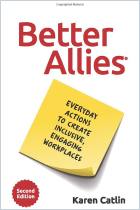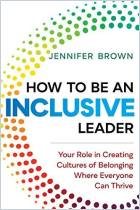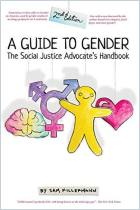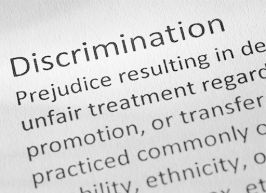
Article
The Guide to Allyship
An open source starter guide to help you become a more thoughtful and effective ally.
Guide to Allyship,
2020
Read or listen offline
résumé audio créé automatiquement
1×
résumé audio créé automatiquement
Recommendation
People who don’t experience discrimination on a regular basis themselves can be clumsy or uneasy around marginalized or discriminated members of society. For fear of doing or saying anything wrong, they often opt to do nothing. Yet people who suffer under systemic oppression welcome the support, says African American designer and entrepreneur Amélie Lamont. In an open source guide, she lays out how to stand up for people who suffer from discrimination – and invites others to add their best practices as well. Her recommendations are clear, actionable and highly useful for anybody working in diverse workplaces and communities.
Take-Aways
About the Author
Amélie Lamont is a Brooklyn-based digital designer and product strategist.



















Comment on this summary or Démarrer une discussion